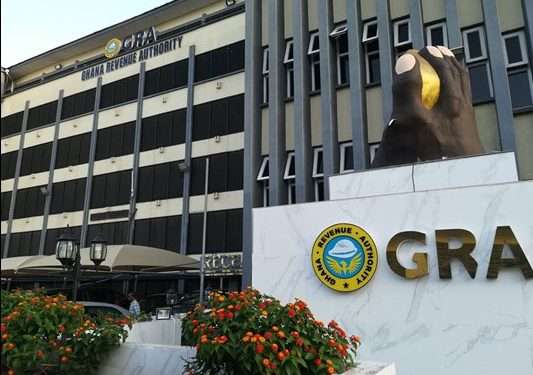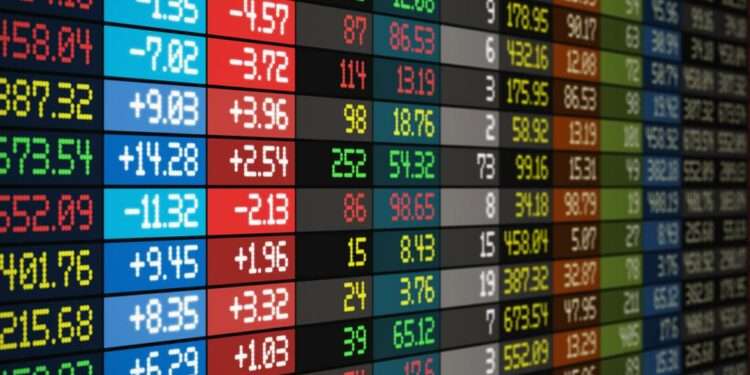Financial Economist from the University of Ghana Business School (UGBS) Professor Lord Mensah, provided a detailed analysis of the government’s decision to reconsider certain import duties, particularly on vehicles for agricultural production.
This move, while intended to stimulate economic activity, has significant opportunity costs that must be carefully evaluated.
Professor Mensah began by outlining the potential financial impact of reducing or scrapping import duties. He emphasized the substantial role these duties play in the country’s overall revenue. He emphasized;
“If you break down the numbers going by the 2023 annual report by the GRA, you appreciate that the import duties constitute almost about $14,000,000,000 out of the $16.97,000,000 that the country generated out of tax collection.”
Professor Lord Mensah, University of Ghana Business School (UGBS)
This figure underscores the significant contribution of import duties to national revenue, raising concerns about the possible shortfall if these duties are reduced.
“I think the proposal by the NDC administration is not to scrap import duties. I mean, in Ghana, we cannot run the economy on import-free. But then there are some nuisance taxes that I think is impeding production in terms of importation.”
Professor Lord Mensah, University of Ghana Business School (UGBS)
Professor Mensah highlighted the need to weigh the opportunity cost of these tax cuts. He indicated;
“In as much as there will be a cost, we also have to look at the multiply effect of allowing this cost when, possibly these levies are removed and importers increased. We’re planning on an economy where we have to import more than we export.”
Professor Lord Mensah, University of Ghana Business School (UGBS)
This perspective emphasized the potential for increased importation to stimulate economic activities, which could, in turn, generate additional revenue.
On the broader economic impact of reducing import duties, Professor Mensah argued that certain levies might be counterproductive by discouraging importation. He argued;
“Somebody will say, yes, of course, we’ve signed an agreement with the IMF program. As a result of that, we have hedged our revenue, possibly promising IMF that by the end of the program, we should be able to increase our revenue to 18% of GDP. But we may have to understand that some of these factors, and some of these [goods] left holding up at the port more or less will reduce importation.”
Professor Lord Mensah, University of Ghana Business School (UGBS)

Balancing Revenue and Expenditure
Moreover, Professor Mensah cautioned against focusing solely on revenue losses without considering potential adjustments. He cautioned;
“But then we also have to look at the expenditure side, what we can make up. So we don’t have to look at only the revenue side. Because if you look at the revenue side, you may be deceived.”
Professor Lord Mensah, University of Ghana Business School (UGBS)
He recommended a holistic approach that considers both revenue and expenditure, suggesting that savings in government spending could compensate for reduced revenue from import duties.
Concluding his remarks, Professor Mensah stressed the importance of encouraging economic activities through strategic tax policies.
This viewpoint advocates for a policy shift that supports importation to stimulate economic growth, ultimately benefiting the country’s financial health.
While there are immediate costs associated with these tax cuts, the potential for stimulating economic activity and generating long-term revenue should not be overlooked.
READ ALSO; Group Petitions President for Removal of Electoral Commission Leadership



















